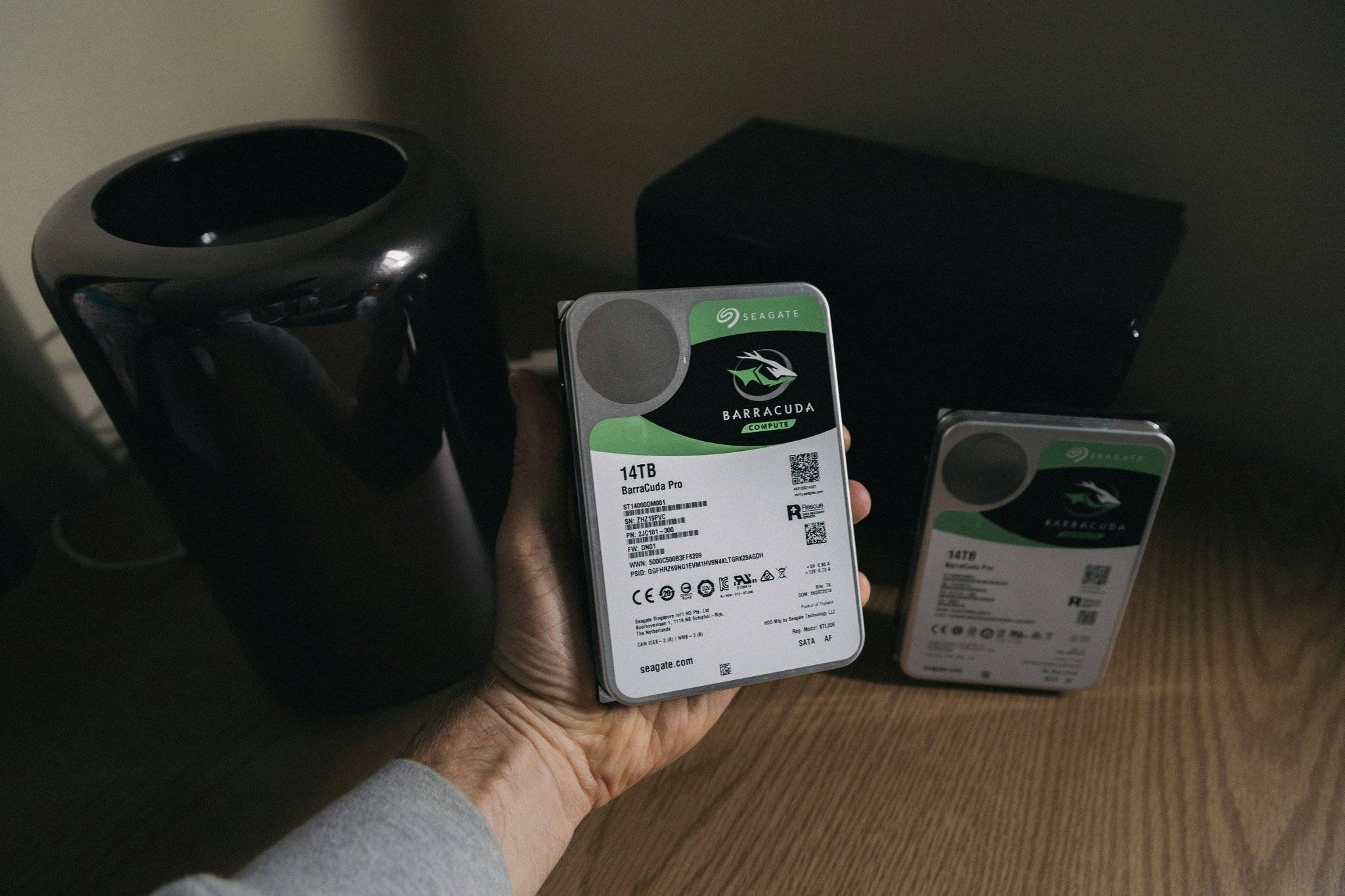Ever felt like drowning in a sea of unorganized government data? You’re not alone. With the exponential growth of digital information, governments worldwide are grappling with how to archive and manage sensitive data securely. Imagine trying to locate a critical piece of evidence buried under decades’ worth of obsolete files—sounds like your laptop fan during a 4K render, right?
In this blog post, we’ll dive deep into government data retention and its role in cybersecurity and data management. You’ll learn why it’s crucial, how to implement it effectively, best practices for compliance, and real-world examples that prove its value.
Table of Contents
- The Problem With Poor Data Retention
- Steps to Effective Government Data Retention
- Best Practices for Data Archiving
- Real-World Examples of Successful Data Management
- FAQs About Government Data Retention
Key Takeaways
- The importance of government data retention in ensuring national security and accountability.
- Actionable steps to establish an efficient data archiving system.
- Tips to ensure compliance with regulations while maximizing accessibility.
- Lessons from organizations that have successfully implemented data retention policies.
Why Poor Data Retention Can Be a Disaster Waiting to Happen
Here’s a horrifying stat: According to IBM, the average cost of a data breach in 2023 was a whopping $4.45 million. And guess what? Many breaches occur because outdated or improperly stored data becomes vulnerable over time.
I once worked on a project where a client accidentally deleted all their archived records due to poor backup protocols. Let me tell you—it wasn’t pretty. Think manual recovery efforts, angry stakeholders, and sleepless nights. This is why having robust government data retention strategies isn’t just nice to have; it’s essential.

Rising Costs of Data Breaches Over Time (Source: IBM Report)
How to Build an Ironclad Government Data Retention Strategy
Let’s break down the process step by step:
Step 1: Define Your Objectives
Optimist You: “We need to store everything forever!”
Grumpy You: “Ugh, no. Storage costs money, and keeping unnecessary data increases risks.”
Start by identifying which types of data require long-term storage versus short-term disposal based on regulatory requirements.
Step 2: Choose the Right Tools
Invest in secure archival software that offers encryption, tiered storage options, and automated deletion policies. Some popular tools include Veritas Enterprise Vault and AWS Glacier Deep Archive.
Step 3: Automate Compliance Checks
No one wants to manually audit thousands of files. Use AI-powered solutions to tag documents, monitor retention periods, and automatically remove expired data.

Data Archiving Done Right: Tips Even a Luddite Could Follow
Tip 1: Implement Role-Based Access Control (RBAC)
Not everyone needs access to classified documents. Limit who can view or modify files based on their role within the organization.
Tip 2: Perform Regular Audits
Schedule quarterly reviews to ensure compliance with data retention laws like GDPR or FOIA.
Tip 3: Terrible Advice Alert!
Rant moment: Please don’t use USB drives as your primary method of data storage. Yes, I’ve seen people do this. It’s chef’s kiss for disaster. Stick to cloud-based systems instead.
When Good Archives Save the Day
Remember the Panama Papers leak? Thanks to advanced data management techniques, investigators were able to sift through millions of documents and trace illegal activities. That’s the power of proper government data retention.

Frequently Asked Questions About Government Data Retention
What is the difference between data retention and data archiving?
Data retention refers to storing data according to policy guidelines, whereas archiving focuses on preserving inactive data for future reference.
How long should governments retain sensitive data?
This depends on jurisdiction-specific regulations but typically ranges from 3 to 7 years.
Can small municipalities afford enterprise-level data retention solutions?
Absolutely! Many providers offer scalable pricing tiers tailored to smaller entities.
Conclusion
Government data retention might sound boring at first glance—but trust me, it’s anything but trivial. From saving millions in potential fines to safeguarding national interests, effective data archiving is mission-critical.
So go ahead and audit those dusty old servers. Just remember—proper planning + execution = peace of mind. Like organizing your sock drawer but way more important.
Haiku time:
Big files, safe and sound,
Cloud whispers secrets kept.
Cybersecurity.


